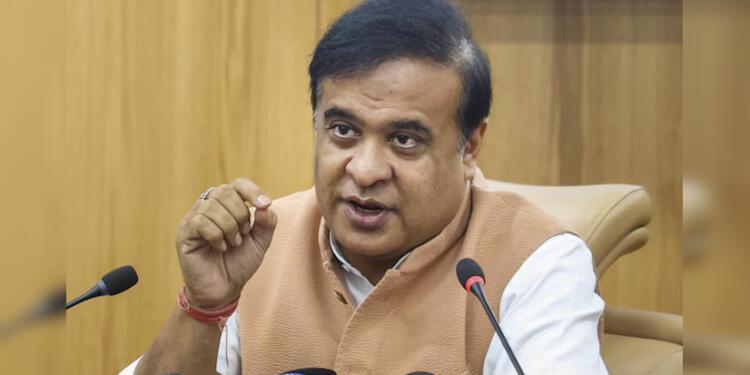In a significant move aimed at strengthening border security and tackling illegal immigration, the Assam government is planning to enforce stricter regulations for issuing Aadhaar cards to adults. Chief Minister Himanta Biswa Sarma announced the proposal during a press conference on Friday, stating that the new rules are intended to prevent undocumented immigrants particularly from Bangladesh from obtaining Aadhaar identification fraudulently.
Under the proposed guidelines, Aadhaar cards will be granted only after a rigorous verification process. The final approval for issuing the document will rest solely with the District Commissioners, who will oversee the vetting of all adult applicants. The Cabinet is expected to deliberate and take a formal decision on this matter in the coming days.
“Although Aadhaar coverage among adults in Assam is nearly complete, we must remain vigilant,” Sarma said. “If an adult applies for an Aadhaar card now, we will carry out an extensive background check. This step is essential to ensure that no illegal immigrant is able to secure an Aadhaar card, which could help them wrongfully access citizenship benefits.”
The Chief Minister linked this proposed tightening of rules to broader efforts by the state to identify and deport illegal immigrants. He revealed that just the night before, 20 Bangladeshi nationals had been deported as part of an ongoing crackdown. “Our efforts to detect and push back infiltrators are yielding results, and stricter Aadhaar issuance norms will only strengthen this mission,” he added.
Beyond immigration concerns, the Cabinet meeting also led to several other key decisions. Among them was the approval for land allotment under the ‘Basundhara 3.0’ scheme to religious institutions, including temples and namghars (Vaishnavite prayer halls), as well as educational and socio-cultural organisations.
The state government also decided to introduce reservations for Zilla Parishad president and vice-president posts. These seats will now be allocated to women, Scheduled Castes, and Scheduled Tribes through a lottery-based selection system.
In another significant policy shift, the Cabinet approved amendments to the electoral provisions of the Moran and Matak autonomous councils. Going forward, only members belonging to these indigenous communities will be eligible to vote in their respective council elections- an effort aimed at preserving the distinct identity and political representation of these groups.
The combination of administrative tightening and socio-cultural measures marks a significant step in Assam’s internal policy agenda, with the Aadhaar reform proposal drawing particular attention as a tool to address longstanding immigration concerns.
























